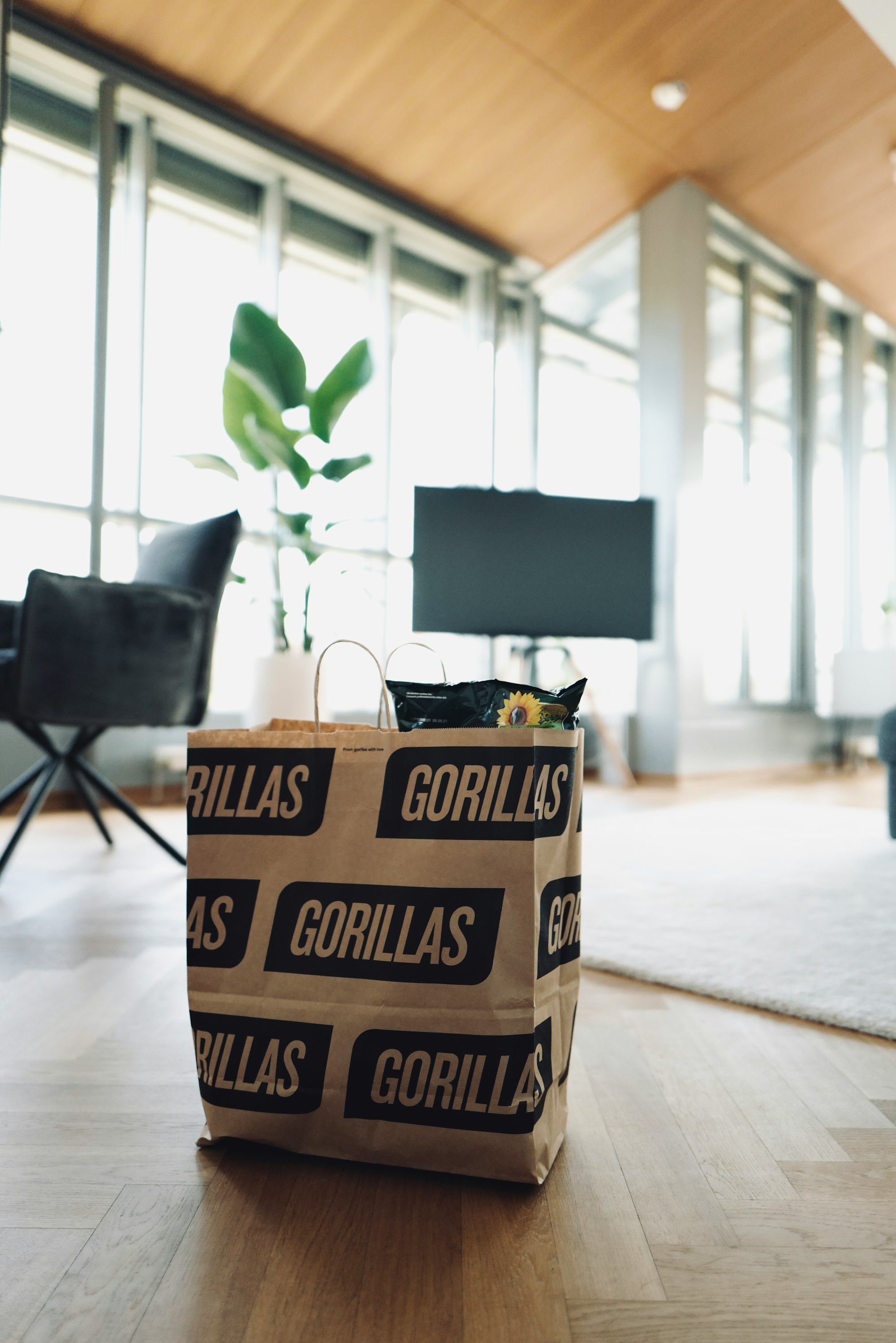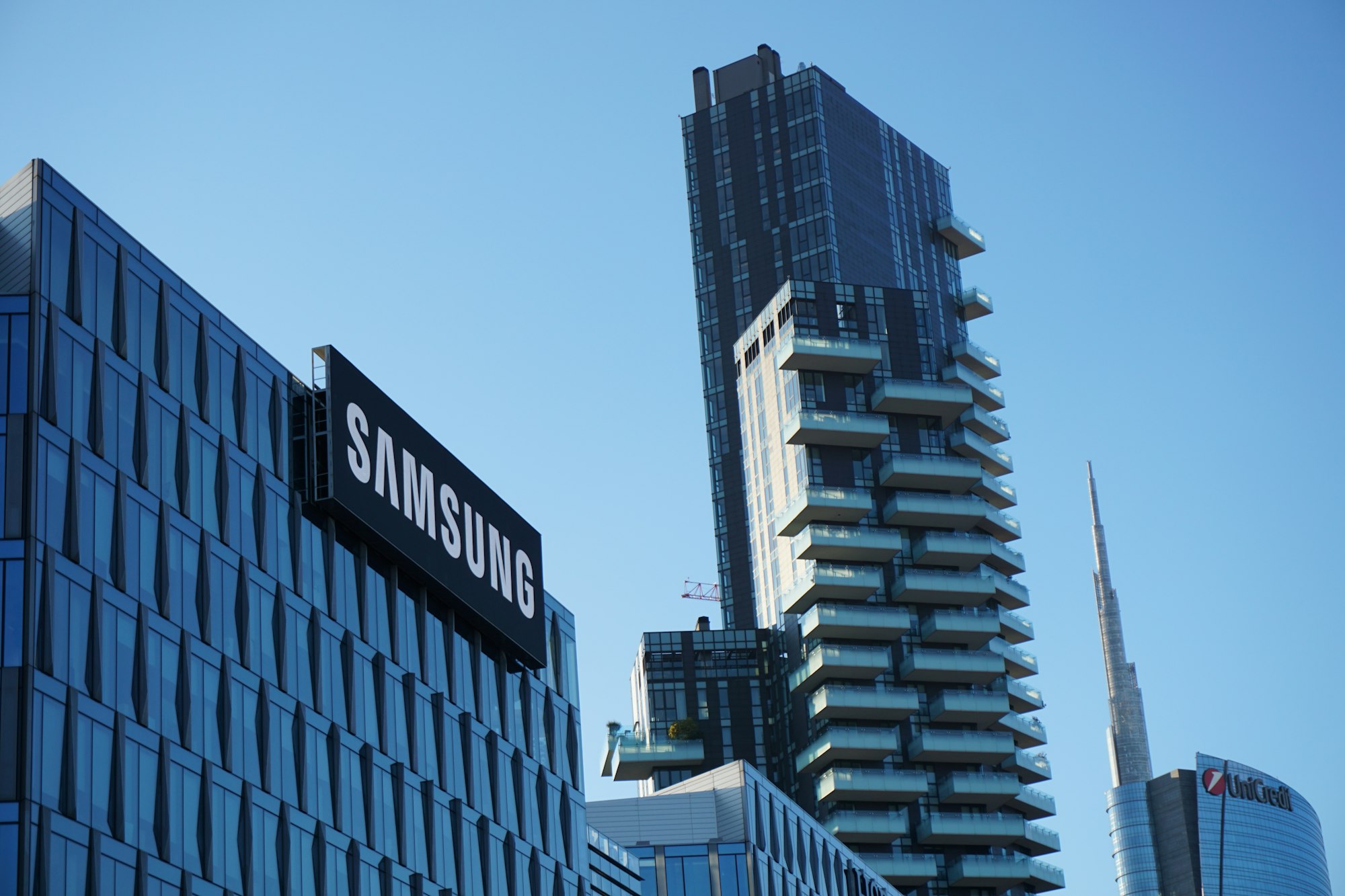Layoffs Rounds On The Back Of Recession Fears
Fears of a looming recession are prompting fast grocery delivery services to slow their expansion.
Last week, Getir announced it would be laying off 14% of its staff and Gorillas announced the lay off of 300 employees. Another company, Zapp, has announced that it will be laying off up to 10% of its employees in the United Kingdom.
- “The current macroeconomic climate has become incredibly challenging, with very little visibility of when things will improve. This uncertainty is seeing investors reduce their risk appetite considerably, favouring profitability over growth,” a Zapp spokesperson told Sifted
- “As a venture-backed scale-up that will need to fundraise again in the future, we therefore need to adjust our business plan to reduce costs and accelerate our path to profitability.” the Zapp spokesperson added
In a statement, Gorillas reported being evaluating a possible exit from Italy, Spain, Denmark and Belgium, among other “strategic options,” as it shifts focus to more profitable markets like the U.S., U.K. and Germany.
Tech Startups Urged To Cut Costs And Extend The Runway
As economists warn that a recession is looming, European VCs are advising their portfolio start-ups to slash costs and halt recruiting. Meanwhile, their Silicon Valley counterparts are doing the same thing.
As tech stocks plummeted in the first five months of 2022 and with the Nasdaq on track for its second-worst quarter since the 2008 financial crisis, start-up investors are warning their portfolio businesses that they will not be immune to the consequences, and that the situation may be getting worse.
- “Companies that recently raised at very high prices at the height of valuation inflation may be grappling with high burn rates and near-term challenges growing into those valuations,” Deena Shakir, a partner at Lux Capital
To date, Getir and Gorillas have raised $1.8 billion and $1.3 billion, respectively, in funding. Getir was valued at $12 billion in March, while Gorillas was valued at $3 billion at the time. Both companies have spent a lot of cash to expand in the U.S.
Profitability Concerns
The profitability of the fast grocery delivery model has long been a source of concern for investors. Except for Getir, the eldest of the cohort, which declares profitability in its native market of Turkey, none of the companies have managed to generate a profit on orders at a country level.
The business economics are difficult. Fridge No More, who abrubtly shut down operations in March, was losing $3+ every order, subtracting the $70 it spent to acquire each customer.
To deliver quickly, fast grocery delivery requires hyperlocal warehouses, instant labor, and, ideally, high-value non-perishable products.
“If it’s a toothbrush and banana, that’s not going to work,” one industry insider told WSJ.
BENCHMARK'S TAKE
- Instant grocery deliveries aren't a new concept and were already around during the dotcom bubble. Back then, Kozmo.com, which promised to deliver goods in one hour, raised $200m before shutting down in 2001
- The sector is increasingly congested which has already led some players to go bust or to shut down operations
- As VC funding comes to a halt, instant delivery firms will have to proove investors they can turn their business to profitability or... go bust
Disclaimer
Please note that this article does not constitute investment advice in any form. This article is not a research report and is not intended to serve as the basis for any investment decision. All investments involve risk and the past performance of a security or financial product does not guarantee future returns. Investors have to conduct their own research before conducting any transaction. There is always the risk of losing parts or all of your money when you invest in securities or other financial products.
Credits
Photo by Jonas Allert on Unsplash






